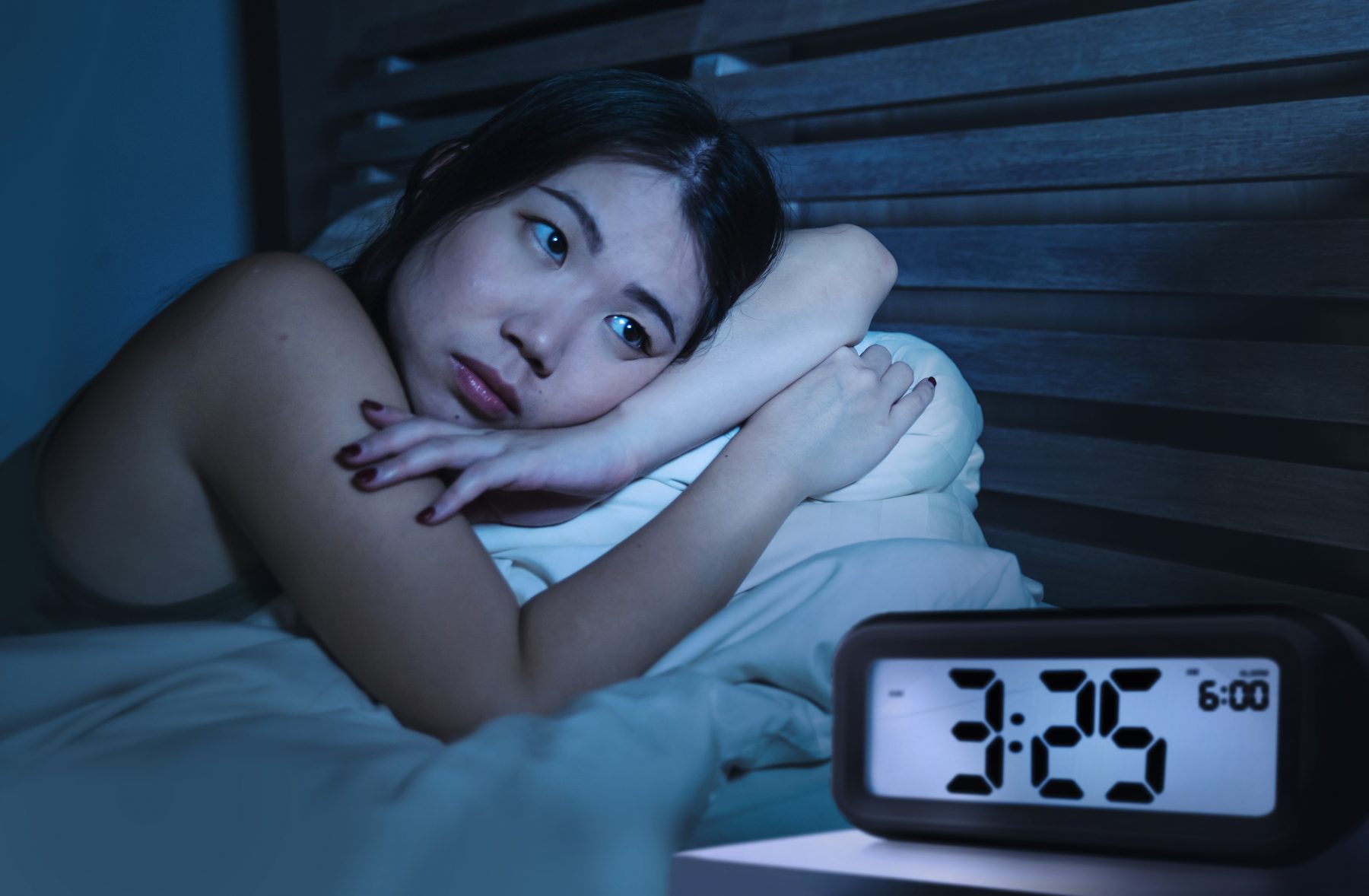
EP 50: Treatments for Insomnia
Over 30% of the population suffers from insomnia.
You don’t have to be a number in those statistics!
In this episode, we discuss the types of treatments for insomnia and how you can create a life that is conducive to healthy sleep.
Insomnia can be damaging in many ways. If left untreated, it can lead to poor performance in job or school, slowed reaction time while driving and a higher risk of accidents, mental health disorders such as depression, anxiety disorder or substance abuse and increased risk and severity of long-term diseases or conditions such as high blood pressure and heart disease. A major concern with sleep deprivation is daytime sleepiness, which can be dangerous if you’re driving or doing other tasks that require you to be alert and attentive.
There are many common causes of insomnia. Some of them include stress, an irregular sleep schedule, poor sleeping habits, mental health disorders like anxiety and depression, physical illnesses and pain, medications, neurological problems, and specific sleep disorders1. Concerns about work, school, health, finances or family can keep your mind active at night, making it difficult to sleep. Stressful life events or trauma — such as the death or illness of a loved one, divorce, or a job loss — also may lead to insomnia2. Additionally, many prescription drugs can interfere with sleep, such as certain antidepressants and medications for asthma or blood pressure2.
